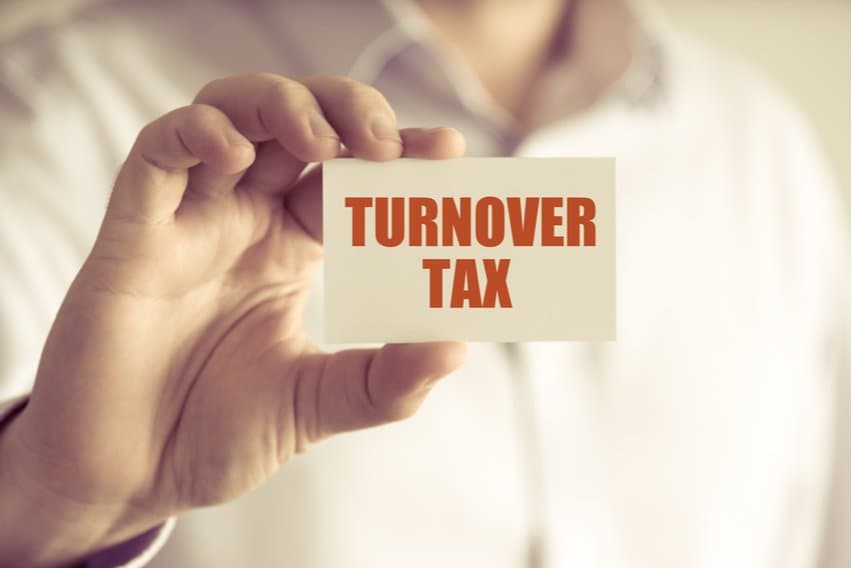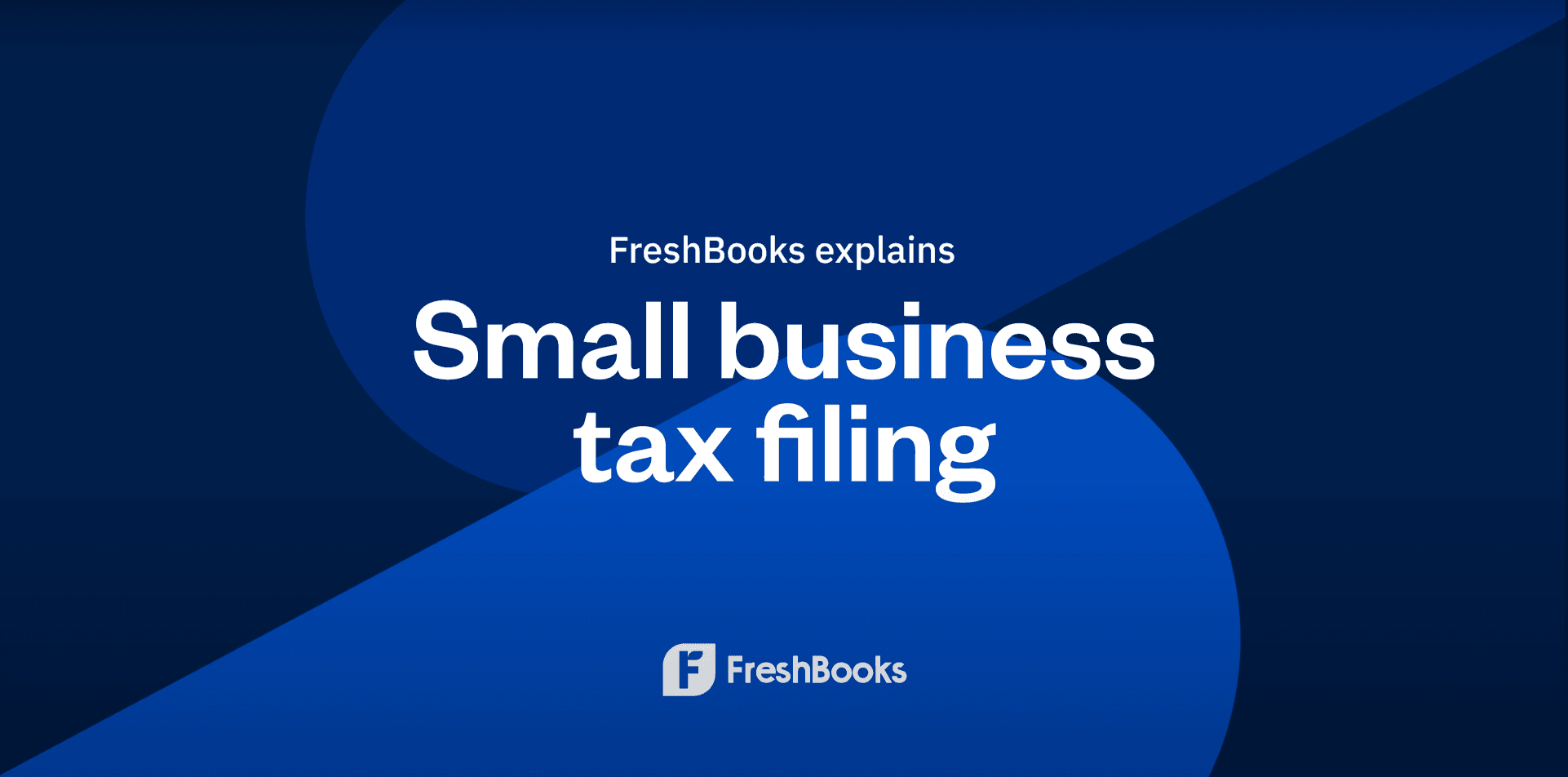
As a small business or micro business owner, you’re going to have certain business expenses. You might need to make certain business purchases, entertain a client or have to travel for work-related purposes. And one of the best things about operating a business is that you can claim certain deductions.
This leads to some great tax benefits and you can reduce the overall amount of your tax bill every year. That said, if you have several business expenses it can be hard to keep track of everything. The good news is that certain micro-businesses can simplify those business expenses.
You can avoid having to deal with expense receipts with turnover tax. Here is everything that you need to know about turnover tax.
What Is Turnover Tax?
Turnover tax is a way for micro-businesses in South Africa to reduce the amount of administration needed when it comes to taxes. It’s a simplified tax rate that micro businesses are eligible for as long as they have an annual turnover that doesn’t exceed R1 million.
Essentially, turnover tax replaces dividends tax, provisional tax and capital gains tax. It also helps to replace income tax and VAT. It’s determined by figuring out a flat tax rate based on your turnover. The calculations take into account estimates of business expenses.
This means that if you’re registered for turnover tax with SARS, you don’t have to manually report and track your deductible expenses.
How Do You Know If You’re Eligible for Turnover Tax?
You’re only eligible for turnover tax in South Africa if you’re considered to be a micro business. A micro business, or a micro-enterprise, is a business that doesn’t see its annual turnover exceed R1 million. So, if your business has a turnover that’s less than R1 million you might be eligible to register.
Here are the turnover tax rates for micro-businesses depending on their turnover.
- 0 to 335 000 = 0%
- 335 001 to 500 000 = 1%
- 500 001 to 750 000 = 1 650 + 2% of the amount that’s above 500 000
- 750 001 and over = 6 650 + 3% of that amount that’s above 750 000
How Do You Register for Turnover Tax?
The first thing that you should do is do a quick test on the SARS website. This will let you know if your micro business will qualify for turnover tax.
If you do qualify, you need to fill in the form TT01 - Application for Turnover Tax. And you can do this either online or manually.
You then need to follow the instructions outlined by SARS on their website.
Does It Matter If Your Business Has Lots of Expenses?
This is one of the main benefits of turnover tax. Even if you have a ton of business expenses they automatically get estimated. And this happens under the turnover tax system and it considers typical expenditures of a micro business.
However, if your business has high tax-deductible expenses then it might be more tax-effective to claim them in the standard way. This is since they can significantly reduce your taxable income. The best thing that you can do is do some of your own calculations before deciding.
You can then compare the difference and see which options will benefit your business most. And if you’re still a little stuck, you can always speak to an accountant to help determine your best course of action.
Key Takeaways
Since your business expenses automatically get calculated as part of your tax rate, you don’t need to keep your receipts if you use turnover tax. But, it can be important for you to still keep track of your expenses. You always want to maintain positive cash flow and manage your finances effectively.
Turnover tax is a simplified tax rate that micro businesses in South Africa can benefit from. You just need to make sure that you don’t have a taxable turnover that exceeds R1 million. Without all the extra administrative duties, you can spend more time on your primary business activities.
Did you enjoy reading this guide? Head over to our resource hub for more content!












